How long can you stay in Costa Rica without residency: The Facts
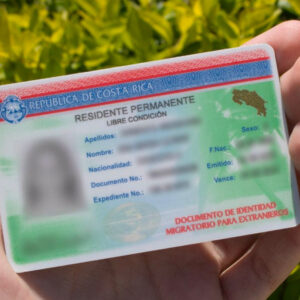
Costa Rica, known for its lush rainforests and beautiful beaches, has become a haven for individuals and families seeking a better quality of life. Surprisingly, many visitors are unaware that they can stay in this Central American country for an extended period without obtaining residency.
Most tourists are granted a tourist visa automatically upon arrival, allowing them to stay for up to 180 days. Understanding the rules and regulations surrounding tourist visas is crucial for anyone planning an extended stay in Costa Rica.
We will explore the facts about staying in Costa Rica without residency, including the tourist visa system, border runs, and recent policy changes. This information will help travelers, digital nomads, and potential expats make informed decisions about their stay in this beautiful country.
Tourist Visa Duration in Costa Rica
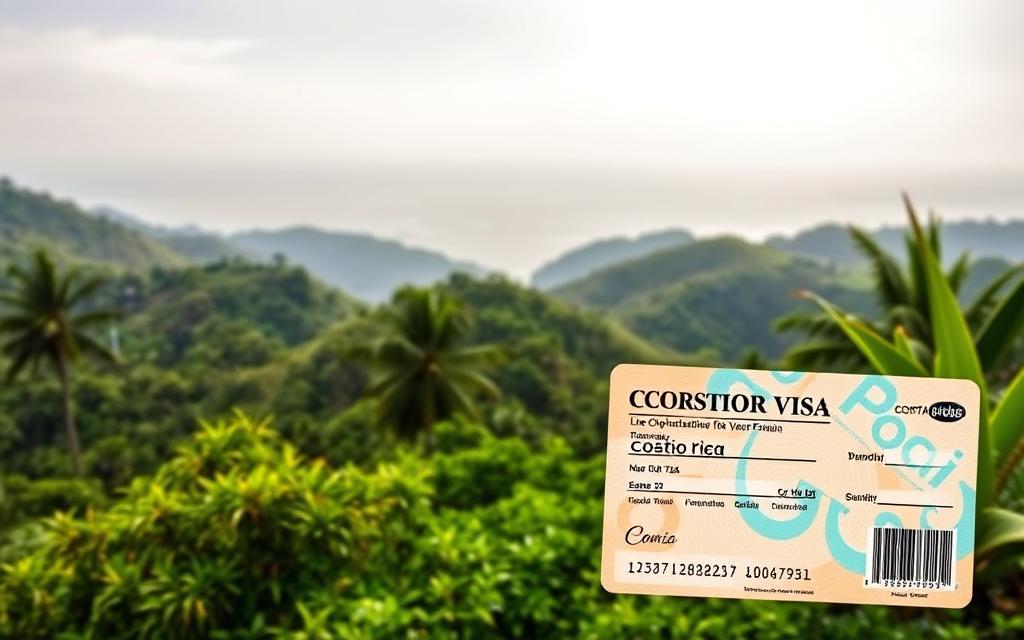
The duration of your tourist visa in Costa Rica is determined by your nationality and other factors. When you enter Costa Rica, the immigration officer will stamp your passport with the number of days you're allowed to stay.
Standard Tourist Visa Timeframes
Costa Rica's tourist visa system allows visitors to stay for up to 180 days, depending on their nationality. For citizens of the U.S. and Canada, the maximum stay is typically 180 days. The entry stamp in your passport serves as your tourist visa and explicitly states how many days you're permitted to remain in the country legally.
Variations by Nationality
While some nationalities are granted 180 days, others may receive shorter periods such as 90 or 30 days. Immigration officers have discretion to grant fewer days based on individual cases. For more information on staying outside of Costa Rica with residency, you can visit this resource. Understanding the exact duration of your permitted stay is crucial, as overstaying can result in fines and potential immigration complications.
How Long Can You Stay in Costa Rica Without Residency
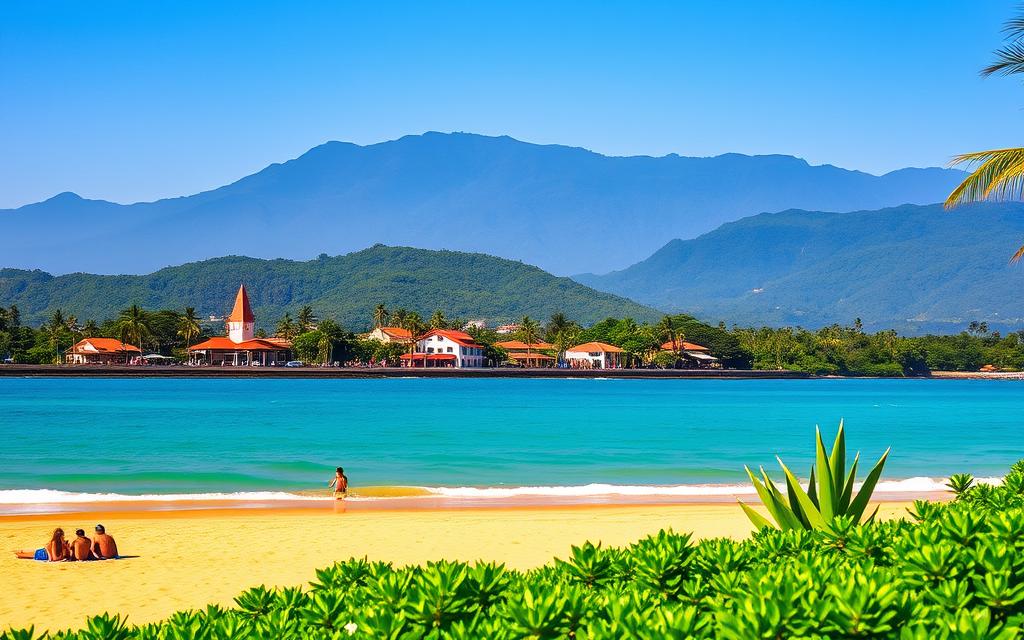
Understanding the duration of stay in Costa Rica without residency is crucial for planning your trip or potential relocation. For individuals interested in Costa Rica, the country offers a unique blend of culture, biodiversity, and lifestyle that attracts tourists and potential residents alike.
Maximum Legal Stay as a Tourist
The maximum legal stay in Costa Rica as a tourist is typically determined by the duration of your tourist visa, which is usually up to 180 days for most nationalities. After this period, you are required to leave the country before you can return and be granted a new tourist visa with a fresh stay period. It's essential to understand that the clock starts over when you cross the border and re-enter, a process known as a "border run."
Immigration Officer Discretion
Immigration officers in Costa Rica have significant discretion when deciding the number of days to grant upon entry, ranging from 30 days to the full 180 days. Factors influencing this decision include your previous travel history to Costa Rica, the purpose of your visit, and proof of sufficient funds. While the maximum legal stay is 180 days, there's no guarantee you'll receive the full period, especially if you've recently completed multiple border runs.
Border Runs and Visa Renewal
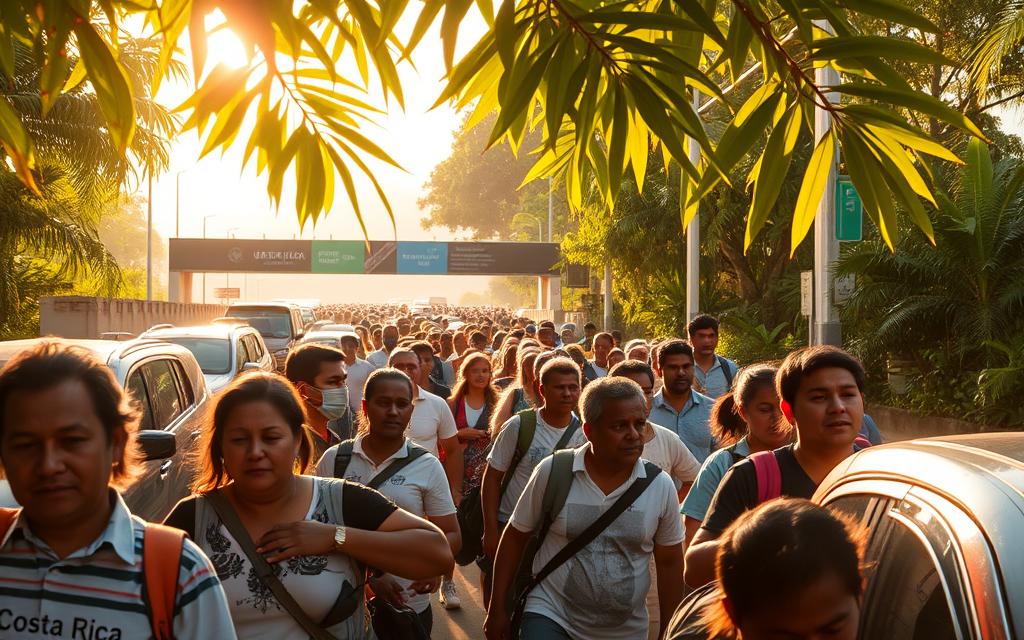
When your tourist visa expires, leaving Costa Rica and re-entering is a common practice known as a border run. This process allows you to renew your entry stamp and extend your legal stay in the country.
What is a Border Run?
A border run involves crossing into a neighboring country and then re-entering Costa Rica to obtain a new tourist visa. This practice is used by long-term visitors to reset their legal status in Costa Rica.
Neighboring Countries for Visa Renewal
Popular destinations for border runs include Panama and Nicaragua. Places like Bocas del Toro and David in Panama, and San Juan del Sur in Nicaragua, offer easy border crossings. For more information on the process after obtaining residency, you can visit what to do after getting Costa Rica.
Potential Risks and Limitations
While border runs have been a common practice, Costa Rican immigration authorities have become stricter. Risks include being granted fewer days upon re-entry, increased scrutiny, or even denial of entry. It's essential to understand the immigration rules and consider the implications for your stay.
Challenges of Living in Costa Rica on a Tourist Visa
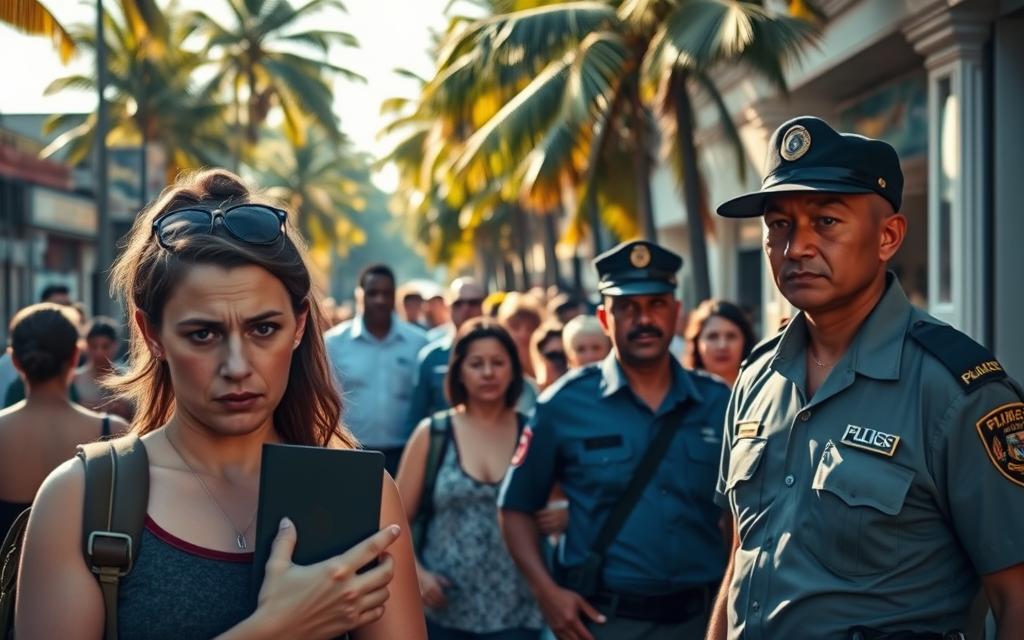
Tourist visa holders in Costa Rica encounter numerous challenges that affect their daily lives. Living in Costa Rica on a tourist visa presents several significant challenges that can complicate daily life and limit access to essential services.
Banking Limitations
One of the most restrictive aspects is banking limitations, as most Costa Rican banks require residency status to open accounts. This makes financial management difficult for long-term tourists, who often have to rely on international accounts with high fees.
Healthcare Access Restrictions
Healthcare access is another major concern, as tourist visa holders cannot enroll in Costa Rica's public healthcare system, known as Caja Costarricense de Seguro Social (CCSS). Tourists must maintain private international health insurance, which can be costly and may have limitations for extended stays or pre-existing conditions.
Legal Considerations and Risks
Legal employment is prohibited for tourist visa holders, and driving legally becomes complicated after three months. Additionally, renting property can be more difficult without residency status, and legal uncertainties arise from living long-term on tourist visas, including potential questions about tax residency.
Changes to Costa Rica's "Perpetual Tourism" Laws

For years, Costa Rica has been a favorite among long-term travelers, but new regulations are set to change this. The practice of "perpetual tourism," where visitors leave the country every 180 days to reset their tourist visa, is being reevaluated.
Recent Immigration Policy Updates
Costa Rica has recently implemented significant changes to its immigration policies to address "perpetual tourism." The new regulations aim to distinguish between genuine tourists and those living in Costa Rica without proper residency status. As reported, the government is tightening its grip on visa overstays, making it more challenging for visitors to stay indefinitely on a tourist visa.
Penalties for Overstaying
One key change is the potential increase in overstay penalties from $100 to $300 per month. Tourists who use their full 180-day visa must now wait at least 90 days before re-entering Costa Rica, effectively ending the back-to-back border run strategy. For more information on the implications of these changes, visit Jaros CR.
Residency Options for Long-Term Stays
Costa Rica's residency programs cater to different needs and circumstances, providing a pathway to long-term stays. For individuals looking to make the most of their time in Costa Rica, understanding these options is crucial.
Pensionado (Retiree) Residency
The Pensionado Residency is designed for retirees who receive a lifetime monthly pension of at least $1,000. This program has no minimum age requirement, making it accessible to a wide range of applicants.
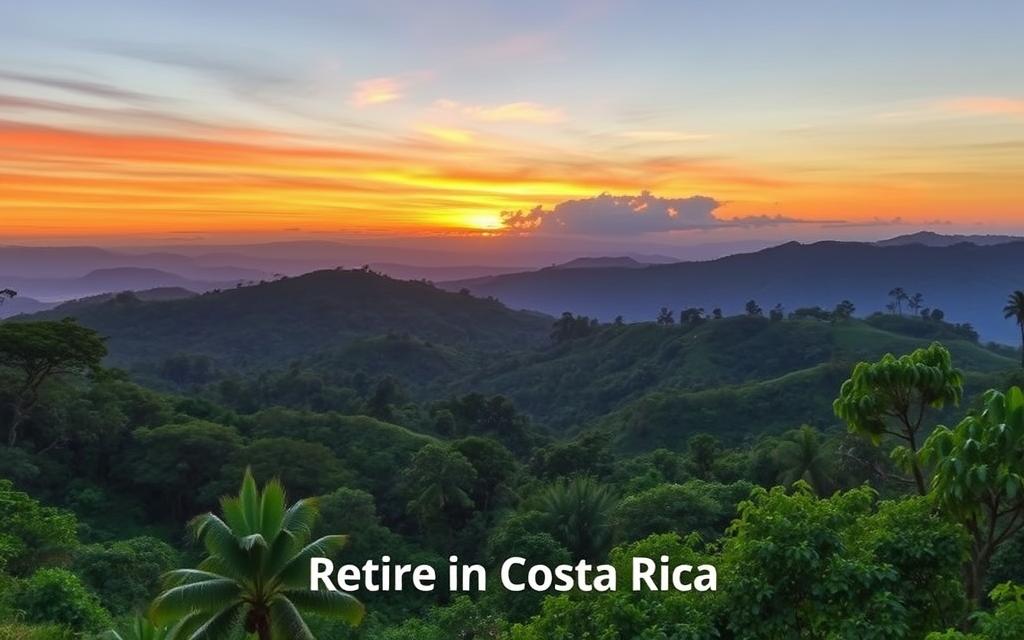
Rentista Residency
Rentista Residency is ideal for individuals with a stable income of $2,500 per month. This visa allows holders to start businesses or work as freelancers in Costa Rica.

Inversionista (Investor) Residency
The Inversionista Residency requires a minimum investment of $150,000 in Costa Rican real estate, businesses, or government-approved projects. This option offers flexibility in investment choices.

Digital Nomad Visa
Introduced in 2021, the Digital Nomad Visa allows remote workers to stay in Costa Rica for up to one year, renewable for a second year, with a monthly income requirement of $3,000.

Each of these residency options provides a unique pathway to long-term stays in Costa Rica, catering to different needs and circumstances. By understanding the requirements and benefits of each, individuals can make informed decisions about their residency in Costa Rica.
Conclusion: Making the Right Choice for Your Costa Rica Stay
With various visa options and residency requirements, deciding on the best approach for yourCosta Ricastay can be challenging.
When planning your stay in Costa Rica, it's crucial to consider your personal circumstances, long-term goals, and willingness to navigate immigration requirements. For short-term visits under 180 days, a tourist visa is a straightforward option with minimal paperwork. However, for longer stays, you should weigh the convenience of border runs against the benefits of formal residency status.
Costa Rica offers a variety of residency options, including rentista residency for those with stable income, investment residency for investors, and permanent residency for those who meet specific legal requirements. Each category has specific requirements matching different life situations. The application process for residency typically takes 6-12 months, so planning ahead is essential.
Maintaining valid legal status is crucial. Ensure your passport is valid, you haven't overstayed your permitted time, and you meet all entry or residency renewal requirements. Costa Rica remains welcoming to foreign visitors and residents but expects compliance with its immigration laws.
By understanding the immigration rules and choosing the right visa or residency status, you can enjoy a smooth and legal stay in Costa Rica. Whether you're a short-term visitor or a long-term resident, being informed and compliant with the laws will enhance your experience in this beautiful country.


